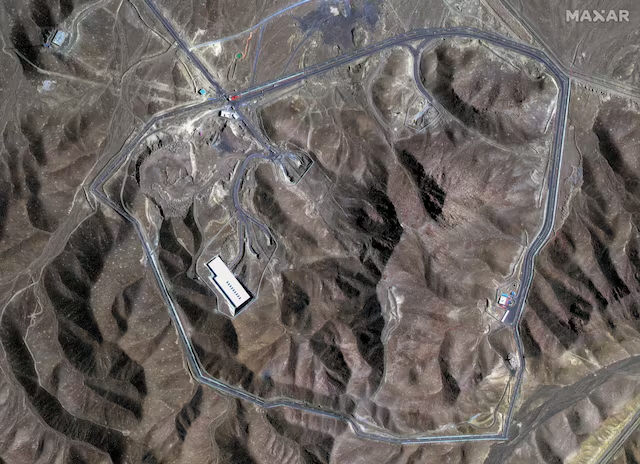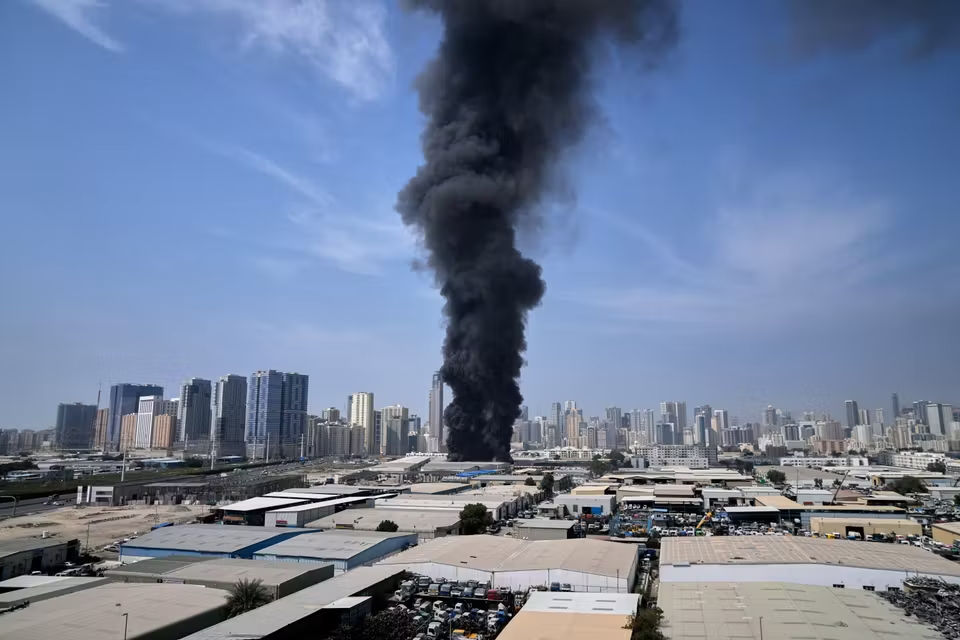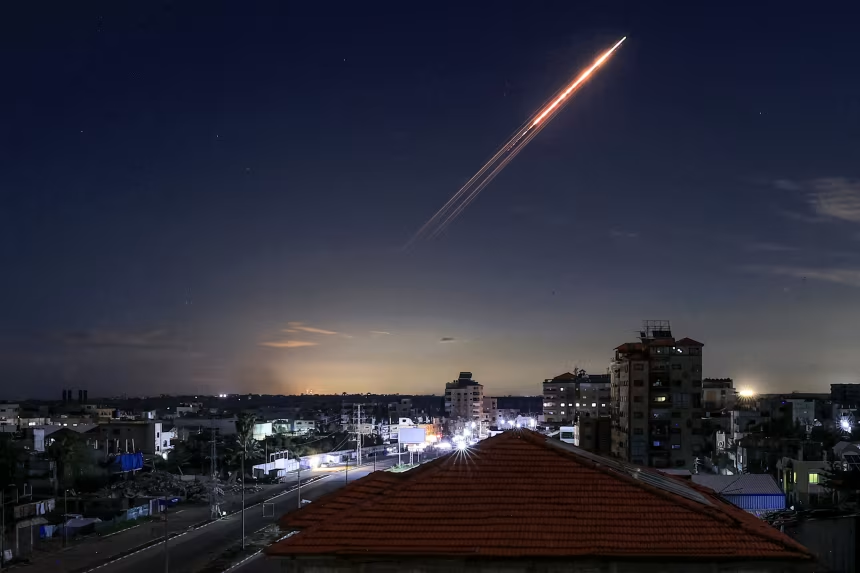Despite weeks of military attacks by the United States and Israel, Iran’s nuclear program remains largely unharmed, according to newly leaked intelligence. This revelation has triggered political shockwaves, particularly for former President Donald Trump and Israeli Prime Minister Benjamin Netanyahu.
The joint military operation aimed to cripple Iran’s nuclear capabilities. It included multiple airstrikes over a 12-day campaign by Israel, followed by a major assault using U.S. B-2 bombers equipped with bunker-busting bombs and Tomahawk missiles. The U.S. Defense Department had claimed a complete wipeout of Iran’s nuclear sites at Natanz, Isfahan, and Fordow. Administration officials described the mission as a historic success.
However, on Tuesday, U.S. media outlets published explosive findings from a Pentagon intelligence review. The report contradicts earlier claims, revealing that the nuclear infrastructure remains intact beneath the surface. Only the outer layers of the sites sustained visible damage. Core components of the program were reportedly shielded in underground facilities, safe from the blasts.
Sources suggest that Iran had anticipated the attack. Reports claim enriched uranium was moved to undisclosed locations before the bombing. As a result, the strikes have only delayed Iran’s nuclear timeline by a few months, not halted it.
Following the news leak, criticism quickly spread across the United States and Israel. American military officials, including Central Command, have confirmed that damage to the Iranian nuclear program was far less than expected. Analysts now say the Ayatollah’s government could restore full functionality with minimal effort and time.
This failure has placed the Trump administration and Netanyahu’s leadership under intense scrutiny. While both leaders initially celebrated the strikes as a military triumph, the intelligence leak paints a very different picture.
Trump had previously boasted that the attack would eliminate Iran’s nuclear threat. He also claimed his actions would secure his place in history. But with this new report, critics say the mission fell short of its main goal: dismantling Iran’s nuclear capability.
Inside the United States, the operation has sparked division. Lawmakers and citizens alike are questioning the logic and legality of launching such a high-cost attack without concrete results. The operation cost billions of dollars and raised global fears of a wider conflict, even pushing the world to the brink of a potential third world war.
The backlash is not limited to the U.S. Israeli citizens, too, have expressed outrage. Many feel misled by the initial claims of success. Netanyahu, who once hailed the strike as a turning point in Middle Eastern security, is now under fire for overstating the impact.
Within the U.S. government, officials have given conflicting statements. Some accept the intelligence as accurate. Others downplay it, insisting the operation achieved its objective. Still, public trust is fading as more evidence suggests the strike did not significantly harm Iran’s nuclear ambitions.
The leaked Pentagon report also revealed that Iran’s underground nuclear facilities were built to withstand even the most powerful modern weapons. Despite 14 bombs weighing 300 pounds each, the heart of the program survived. Satellite images show surface-level destruction but confirm that vital systems remain in place.
Experts believe Iran will recover swiftly. The short setback does not prevent the continuation of its nuclear plans. Iran’s leadership has already begun efforts to resume activity, signaling resilience and preparedness.
For now, both Trump and Netanyahu face mounting pressure. Their political opponents accuse them of misleading the public and misusing military force. Meanwhile, concerns grow that another strike or retaliation from Iran could spark a broader conflict in the region.
This episode has opened a new chapter in the U.S.-Iran standoff. The failed attempt to dismantle Iran’s nuclear program not only undermines military credibility but also raises doubts about the effectiveness of future airstrikes against fortified targets.







